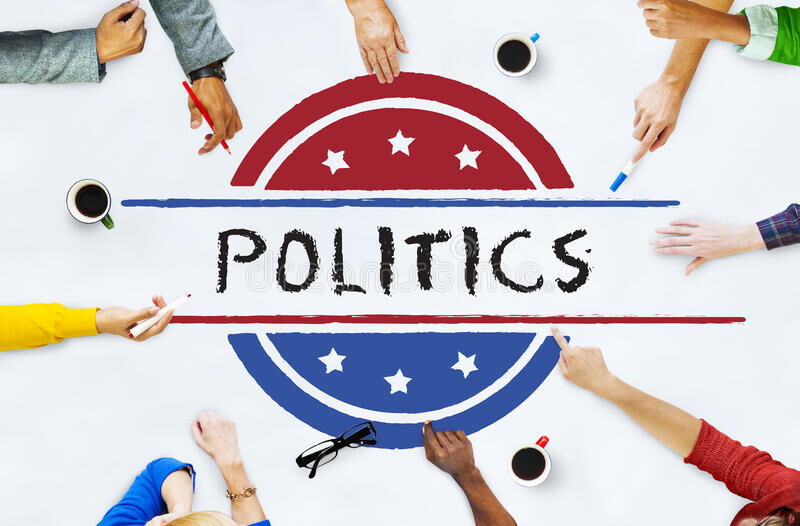THE Youth Congress aims “to provide a system which allows the youth to prepare to meet the challenges of the future.” System as in government. As for the Junior State of America, it has launched its inaugural Civics Institute Micronesia which is “designed to engage high school students with the most pressing issues facing the Pacific today, challenging them to look beyond differences and focus on solution-oriented action.” Action as in government.
This is all good, but the youth should also know how government actually works, and how it has actually operated throughout known human history.
Right now, many youth programs, more or less, are based on the grownups’ views on how government should work: the three branches, lawmaking, among other related topics. What the youth ends up learning is basically the adults’ high expectations about government and politics — that is, our delusions.
Despite the lessons of history and our own experiences with government and politics, we cling to the belief that all we need to do is to elect the “right” men and women who will then come up with the “right” policies that will make everything, or at least most of them, “all right.”
Our high expectations have absolutely no basis whatsoever in actual historical reality, but many of us are also unacquainted with actual historical reality so many of us end up frustrated and/or disappointed with government and politics. Our favored “solution,” however, is to elect other politicians with recycled election promises. It is likely that these politicians don’t know they’re spouting the same campaign pledges made by previous politicians, but that’s OK because many voters have selective amnesia, too. And so it goes.
What we should teach the youth is the never ending failure of government and politics to live up to their grandiose ambitions that often end up creating new or worse problems.
In the CNMI’s case, here’s what I would share with our civic-oriented youth:
• Laws passed but never or seldom implemented: the anti-littering law, the curfew law for minors, the anti-blighted properties act, to name just a few.
• Laws passed and implemented — their avowed goals and the actual outcomes. (See, for example, the law that created CHCC.)
• Government funding sources, and how government taps them.
• Basic economics: supply and demand, trade, the global economy, prices, profits, taxes, running a business, etc.
• A review of the campaign pledges of politicians from the early 1970s to the present time.
• We will also discuss the following quotation from British philosopher Herbert Spencer (1820-1903):
“A fundamental error pervading the thinking of nearly all parties, political and social, is that evils admit of immediate and radical remedies. ‘If you will but do this, the mischief will be prevented.’ ‘Adopt my plan, and the suffering will disappear.’ ‘The corruption will unquestionably be cured by enforcing this measure.’ Everywhere one meets with beliefs, expressed or implied, of these kinds. They are all ill-founded. It is possible to remove causes which intensify the evils; it is possible to change the evils from one form into another; and it is possible, and very common, to exacerbate the evils by the efforts made to prevent them; but anything like immediate cure is impossible.”
• We will also talk about public choice theory and how it applies economic analysis — the study of how incentives influence behavior — to politics. In particular, we will deliberate on the following quotations from economist Veronique de Rugy:
“[U]nlike in the marketplace, the incentives for good management in government are very weak. For instance, even though lawmakers are expected to pursue the ‘public interest,’ they make decisions that use other people’s money rather than their own. This means that their exposure to the risk of a bad decision is fairly limited, and there is little to no reward for spending taxpayers’ money wisely or providing a service effectively or efficiently….”
Moreover, “lawmakers — however well-intentioned — face serious difficulties in making the right decision. Many factors come into play, but it is worth highlighting the following two. First, the government does not have better information than private agents operating in the market, whether this be the healthcare market or any other market (financial, housing, etc.). Making matters worse, government decision-makers are usually insulated from market signals, and thus often lack important information about the problem at hand and the market itself.”
If at the end of my hypothetical program, the youth participants are so disgusted by politics that they would never ever consider getting involved with it — then mission accomplished.
Send feedback to editor@mvariety.com












